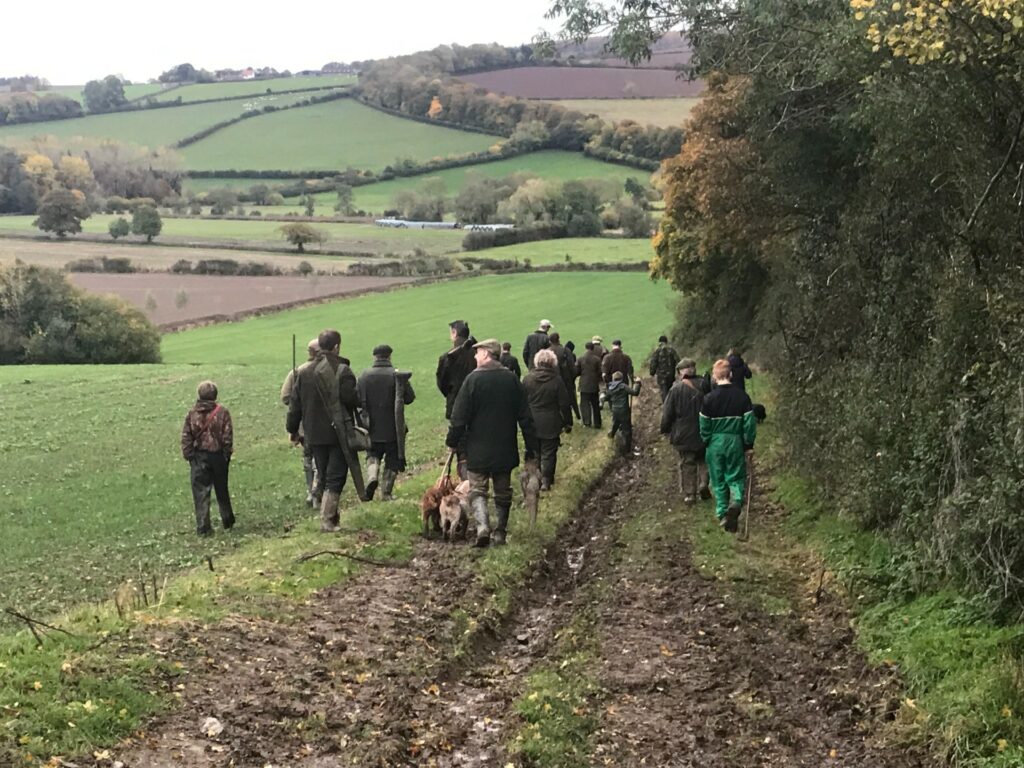The GWCT and BASC have teamed up again to deliver a one-day course designed to improve best practice on DIY shoots and farm shoots. The course is aimed at shoot captains, syndicate members and anyone that manages their own small shoot.
Taking place on Saturday 14th May at The Allerton Project, Loddington, Leicestershire, the course aims to provide guidance on how shoots could improve and better adhere to best practice methods outlined in the Code of Good Shooting Practice.
The course will start with an interactive classroom session discussing pre-season requirements, shoot briefings, safety in the field, gun/choke/cartridge combinations and health and safety.
The afternoon session will begin with a presentation about the GWCT’s Allerton project, which is celebrating its 30th birthday this year, followed by a shoot walk around the site. This session will be aimed at improving shoot management while learning about the latest best practice in predator control, cover crops, supplementary feeding and gamebird releasing.
Matt Goodall, GWCT head of education, said: “It’s very important that those involved in shoots adhere to the Code of Good Shooting Practice. Whilst the Code itself hasn’t changed, legislation has and the ways in which we can deliver best practice are constantly evolving and improving. This course offers a fantastic insight and update regarding recent developments and will ensure those attending are fully primed to deliver best practice on their own shoot.”
Participants are asked to arrive at 9am for a 9.30am start with the course finishing around 4pm. The course costs £150 including VAT.
For further information or to book a place, please contact the GWCT on 01425 651013 or email [email protected].
Ends
Notes to editors
The Game & Wildlife Conservation Trust http://www.gwct.org.uk is an independent wildlife conservation charity which carries out scientific research into Britain’s game and wildlife. We advise farmers and landowners on improving wildlife habitats. We employ 23 post-doctoral scientists and 50 other research staff with expertise in areas such as birds, insects, mammals, farming, fish and statistics. We undertake our own research as well as projects funded by contract and grant-aid from Government and private bodies.
